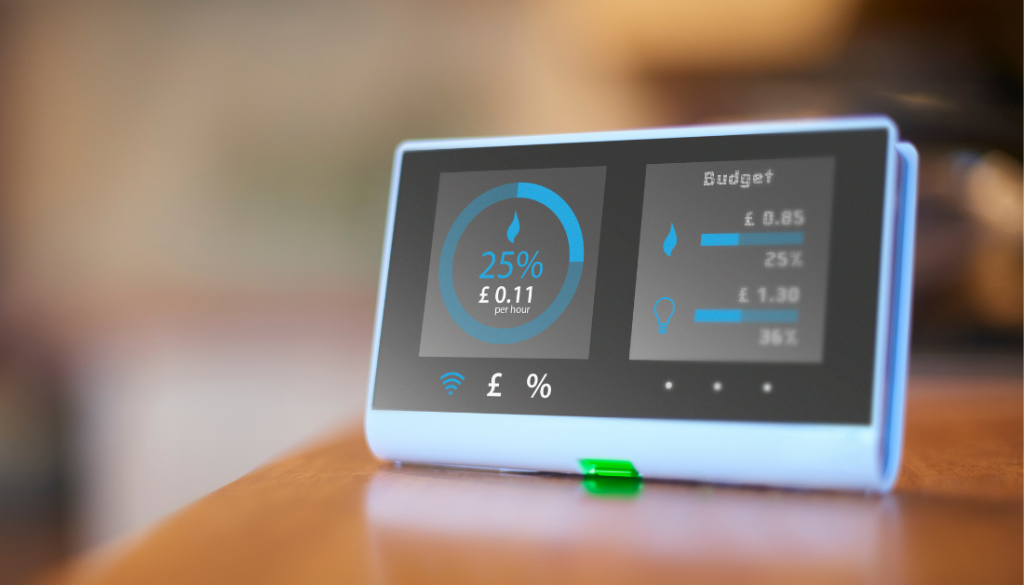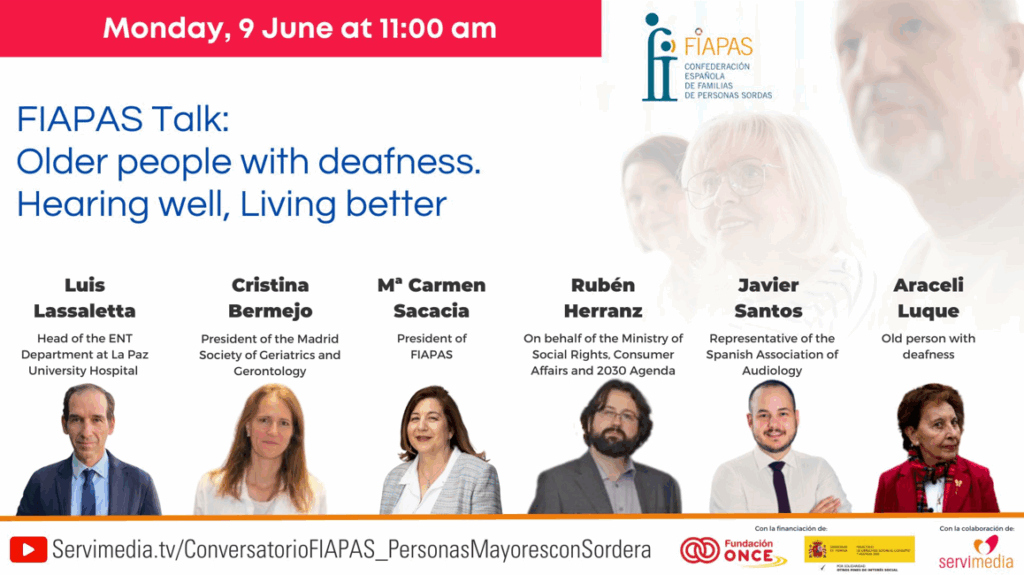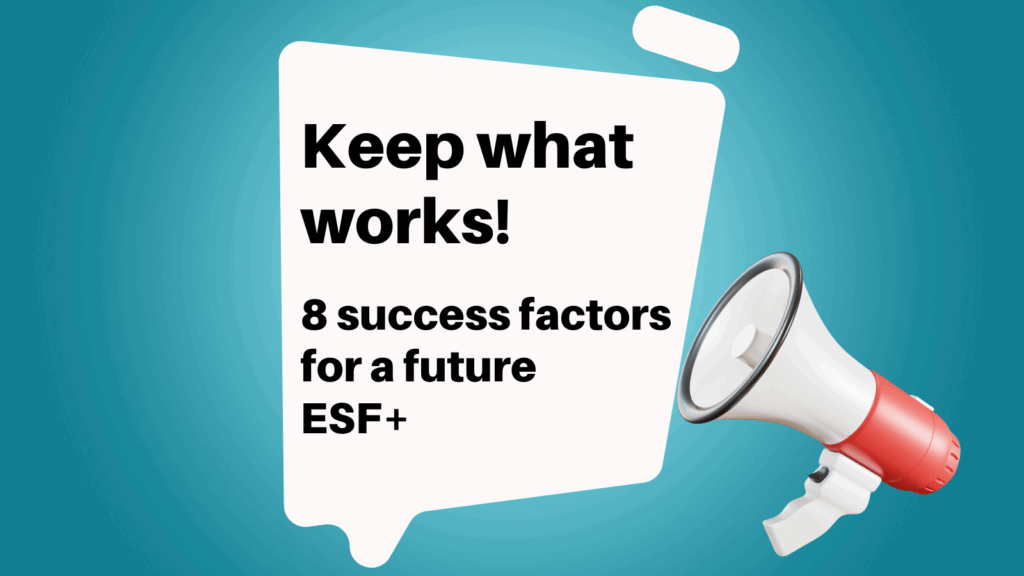For lots of kinship carers, fuel poverty is a real issue and we know that it can be a really hard time when it comes to heating your home whilst keeping an eye on the bills. The recent increase in energy costs is also concerning. This will mean that many low-income and vulnerable families may have to limit their energy usage which can lead to poor health and suffering.
COFACE member, Kinship, knows that this will be a very anxious and worrying time of year for our kinship carers, therefore the organisation put the following fact sheet together with some ideas and resources which will help to keep your home warm and keep costs down if you are based in the UK.
Crisis Support from your Local Authority – The Household Support Fund
The Household Support Fund was launched by the UK Government in October 2021 to support households who may struggle to keep warm this winter. The fund runs until April 2022.
It helps with the cost of essentials (e.g. energy, clothing, food), and the funds are allocated by your local authority. Call or check your local authority webpages for further information on how to apply if you are eligible. You can also contact your local councillor or MP who should have access to the details of the scheme.
Winter Fuel Payments
If you were born on or before 26 September 1955 you could get between £100 and £300 to help you pay your heating bills. This is known as a ‘Winter Fuel Payment’.
Cold Weather Payments
You may get a Cold Weather Payment if you’re getting certain benefits or Support for Mortgage Interest. You’ll get a payment if the average temperature in your area is recorded as, or forecast to be, zero degrees celsius or below over 7 consecutive days. You’ll get £25 for each 7-day period of very cold weather between 1 November and 31 March.
Warm Home Discount
You could get £140 off your electricity bill for winter 2021 to 2022 under the Warm Home Discount Scheme. The money is not paid to you – it’s a one-off discount on your electricity bill, between October and March. Find out more.
Maximise your Income
Make sure you are claiming the correct benefits. This could increase your income as well as make you eligible for other types of assistance. Contact our Advice Services for a benefit check. Kinship can help with this:
Visit their website or email them.
Free Insulation and Boiler Grants
There are many grants on offer from energy providers, which can help with new boilers to loft and cavity wall insulation. This is part of their efficiency obligations to people in certain groups. These grants are mainly for those receiving certain benefits, such as universal credit, tax credits, pension credit, or income-based benefits. Learn more.
Power cuts and the Priority Services Register (PSR)
If you have a power cut call the national power cut phone line on 105. You can call 105 to report or get information about power cuts in your local area. You can also call 105 if you spot damage to electricity power lines and substations that could put you, or someone else, in danger. If there’s a serious immediate risk, you should call the emergency services too.
Priority Services Register
During a power cut or in general, you can also receive extra help if you sign up to the Priority Services Register. Your electricity network is the company that manages your electricity cables. Your electricity network will give your details to your energy supplier so they can add you to their priority services register as well.
You can receive the services available if you:
• are of pensionable age
• are disabled or chronically sick
• have a long-term medical condition
• have a hearing or visual impairment or additional communication needs
• are in a vulnerable situation including certain mental health conditions, physical injury as well as temporary situations of vulnerability
• have a child under five living with you
Avoid Damp and Condensation
When it is cold, condensation can be a big problem in many homes. Try the following:
• Try to keep temperatures in all rooms above 15°C in colder weather. This will reduce condensation forming on outside walls
• Insulate your home
• Keep your home ventilated. Make sure vents and air bricks are not covered or obstructed
• Try not to dry washing in the house. If you do, use an airer and don’t dry clothes on radiators. Opening windows slightly will allow moisture to escape but be aware of security
• Open window trickle vents during the day or when going out
• Wipe down windows/mirrors/tiles/shower with an absorbent cloth
• Open windows after bathing or washing and leave them open for a short while to release steam if it is safe to do so.
For more information on advice and support, see Kinship’s website.





